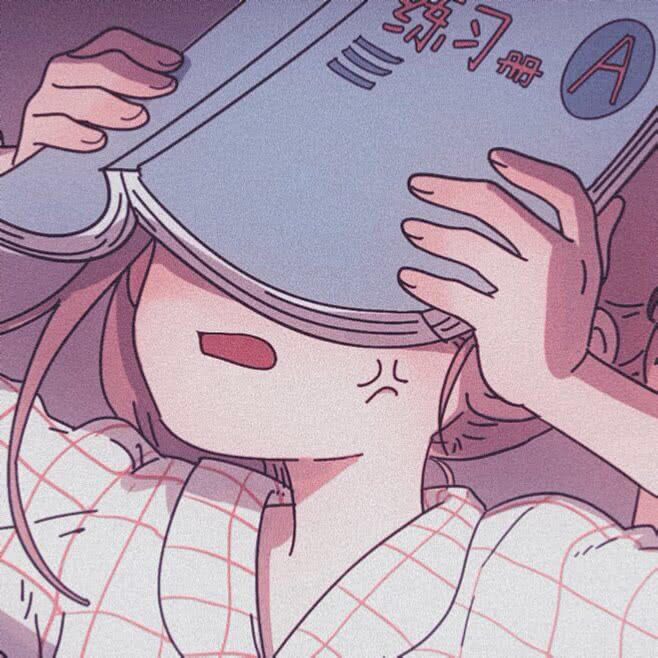North Korea had never sent troops into combat abroad before, primarily out of fear that they might defect or make unflattering comparisons between foreign armies and their own. “The regime is worried that soldiers from the isolated country might pick up ‘incorrect’ ideas,” wrote Fyodor Tertitskiy, a researcher at Seoul’s Kookmin University.
According to Blinken, they are equipped with Russian uniforms and trained in artillery, drones, and infantry operations, including trench clearing. This, he said, showed that Moscow intends to use them in frontline operations.
But are they cannon fodder or special forces? South Korean analysts lean towards the latter option.
“North Korea must showcase the combat effectiveness and operational capabilities of its soldiers to maximise the outcomes of its deployments,” added Lim Eul-chul at Kyungnam University.
Reliable figures are hard to come by, but Western sources say there are around 10,000 North Korean soldiers deployed, while Kyiv says there are 11,000. This is the equivalent of current Russian losses in about 10 days of fighting.
“The strength of North Korean special operations forces lies in their ability to endure harsh conditions, even when food and other resources are in short supply,” said Lim. “They have strong mental resilience.”
Meanwhile, there remains a plethora of organisational questions: will the North Koreans deploy rank-and-file soldiers as well as command structures? Will they be autonomous or integrated into Russian units? For what tasks? “Ukrainian intelligence has stated that the North Koreans arrived in Russia with 500 officers and three generals,” said Ivan Klyszcz, a research fellow at the International Centre for Defence and Security in Estonia.
“This could facilitate communication if the Russian and North Korean generals manage to work together, but there are too many unknowns at this stage to be conclusive,” he said.
Pyongyang’s special forces are primarily trained to prevent a coup d’etat at home. […] Moreover, North Korean troops who have not fought since 1953 would likely struggle against Ukrainians who have been at war for two-and-a-half years.
But the reverse also appears true, according to Tertitskiy, who wrote that “Seoul seems to sense an opportunity to acquire intelligence on its longstanding foe”. This is especially valuable since the pandemic-related border closure significantly reduced the number of refugees from the North reaching the South, who constitute “the main source of information” for Seoul about its neighbour.



I think someone’s should really be doing propaganda shorts for North Koreans.
Like quick informative packages of the West, how democracy works and is enforced and labour laws, how much people make what they can do etc etc.
In Korean ofc.
Have there be some format of it being supposedly comedy to be shared to Russian soldiers as “mocking” their fellow NK troops, so they share it on their own Telegrams, but then also show them to a bunch of North Koreans, some who will get phones and start sharing them.
Why would you want to reinforce their programming and make them love their country even more?